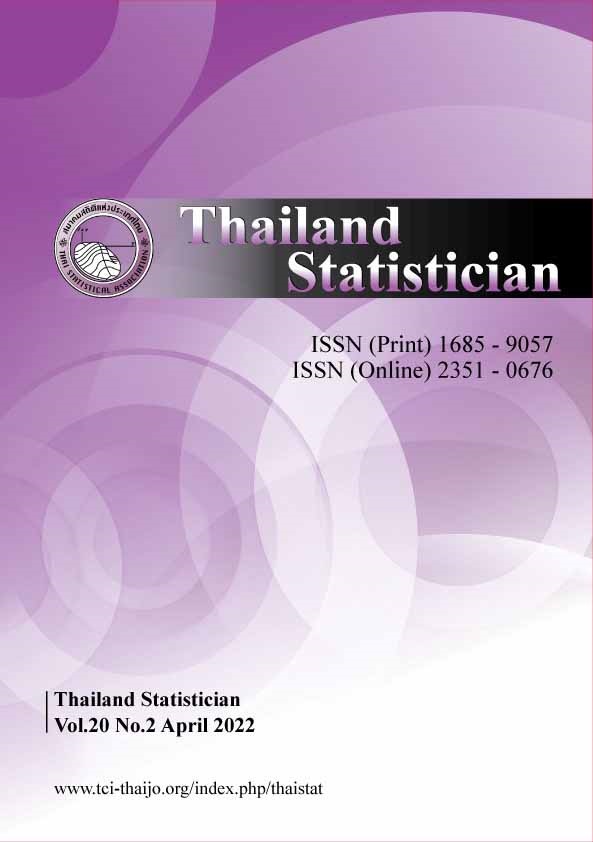Concept and Evaluation of Persistence Score of Symptoms in Case of Schizophrenia
Keywords:
Renewal process, random walk, Bernoulli variables, geometric distribution, sampling schemeAbstract
Schizophrenia is a mental illness with varied symptoms. These symptoms, in isolation, are however not unique to schizophrenia. A cluster of symptoms with definite weightage lead to a diagnosis of schizophrenia. The manner in which the symptoms in a patient respond to or are likely to respond to the administered treatment is being taken up for study and statistical modeling in this paper. It is seen that some symptoms are easily cured while some others are more persistent and do not respond to medicine easily. In this study, the concept of persistence score of a symptom, which has been found to follow a random walk, has been introduced. The distribution of the persistence score has been ascertained as geometric. A sampling scheme has also been presented for the evaluation of persistence scores. Using this scheme, persistence scores have been evaluated for the most common symptoms on the basis of data collected from the Department of Psychiatry, Gauhati Medical College Hospital, Assam, India, as well as from a three-month follow-up study conducted by the authors in cooperation with some leading psychiatrists of Guwahati. It has been observed that the most prevalent symptom ‘deterioration of role functioning’ was also the most persistent. High persistence scores have also been recorded in case of delusions, suspiciousness and hallucinations followed by sleep disturbance, irrelevant speech, lack of personal hygiene and fearfulness. This is an endeavour to examine which symptoms, on the average, are more persistent so that treatment strategies can then be formulated by the medical fraternity for better treatment of these persistent symptoms.
Downloads
Published
How to Cite
Issue
Section
License

This work is licensed under a Creative Commons Attribution-NonCommercial-NoDerivatives 4.0 International License.




